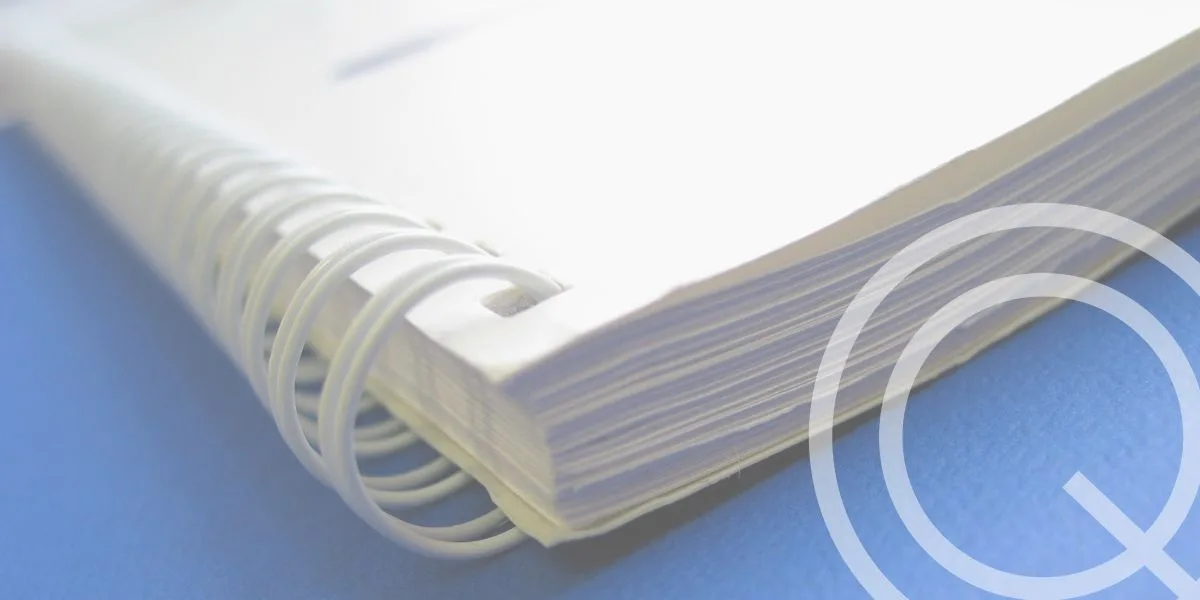Aurizon Operations Limited v Cameron Webb [2024] FWCFB 318
KEY TAKEAWAYS:
Enterprise Agreements often stipulate how investigation and disciplinary processes should be undertaken and what information must be kept confidential.
A dispute concerning whether an employee facing potential termination was entitled to a copy of the investigation report was heard by the Full Bench of the Fair Work Commission (FWC), which determined:
- according to the terms of the Enterprise Agreement (the Agreement), the employer was not required to provide the employee with the investigation report during the disciplinary process.
- however, the employee was not afforded natural justice because the investigator failed to put all relevant adverse material to the employee, or give him the opportunity to respond to that material, prior to making findings.

The case
In January 2024, a national freight company (the employer) commissioned an external investigation into allegations against one of its employees, who was a member of the Rail Tram and Bus Industry Union (RTBU). The allegations related to the conduct of the employee at a work Christmas party and during a subsequent interaction. The investigation found the employee had engaged in the alleged conduct, and in late January, the employer issued the employee with a ‘show cause’ letter, inviting him to provide a written response as to why the employer should not dismiss him.
During this period the RTBU lodged an application in the FWC, on behalf of the employee, claiming the employer had “failed to adhere to principles of procedural fairness,” according to the terms of the Agreement. At the employee’s disciplinary meeting, the employer refused the RTBU’s request to provide the employee with a copy of the investigation report, citing confidentiality obligations under the Agreement.
The dispute
The FWC initially ordered the employer to provide a redacted copy of the investigation report to the employee. The FWC ruled that providing the report to the employee would allow him to respond to the allegations, which was necessary for procedural fairness. The FWC also noted that the employee would be obliged to keep the report’s contents confidential, as per the requirements of the Agreement.
The employer appealed, arguing errors in the interpretation of the Agreement’s disciplinary procedures and that the investigation report should remain confidential.
The decision
The Full Bench of the FWC found that the Agreement did not require the employer to provide the employee with a copy of the investigation report “as part of its deliberation as to whether disciplinary action should be taken against him”; and that the FWC at first instance had made an error when it ordered the employer to provide the employee with a copy of the report.
However, the Full Bench agreed with the FWC’s initial finding that the employer had failed to afford the employee natural justice during the investigation. This was because the investigator had not disclosed “all credible, relevant and significant” adverse material to the employee for a response before making findings.
The Full Bench referred to the Federal Court decision of Coutts v Close 1 in which the Federal Court found that the requirements of natural justice extend to:
“… informing the affected person of the nature and content of adverse material that is credible, relevant and significant obtained from sources other than the affected person, as well as of any adverse conclusion reached by the decision-maker in respect of which the affected person had no notice. The affected person must be given an adequate opportunity to address such new material and/or any unexpected conclusions by further information and submission.”
The Full Bench found that in order to comply with the principles of natural justice the investigator needed to put the substance of the adverse evidence to the employee and recommended the employer “take a step back from the current show cause process and re-open the investigation” so that the adverse material could be put to the employee before any findings were made by the investigator.
1 Coutts v Close [2014] FCA 141







